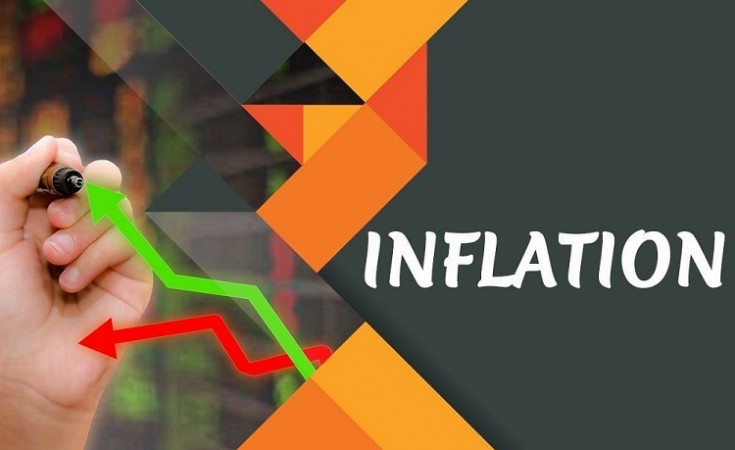
Ashima Goyal, a member of the RBI Monetary Policy Committee (MPC), noted on Sunday that the government's supply-side policies in conjunction with a flexible inflation-targeting system have kept the rate of price growth lower than that in other nations, and that inflation is expected to decline over the course of the year.
She said that India has successfully dealt with 'pluri-shocks' over the past three years, showing considerable resilience. "Inflation rates are expected to come down over the year. "Government supply-side action coordinated with a flexible inflation targeting regime has kept Indian inflation rates lower than other countries and our own past averages even in this period of major adverse external supply shocks," she said.
She was asked whether high inflation become the norm in India. "Since nominal policy rates rise with inflation to maintain an expected real positive rate under inflation targeting this prevents demand over-heating and anchors inflation expectations," she noted.
Ashima Goyal said policy rates had been cut steeply during the pandemic, so they had to be raised fast after recovery was established. "But policy rates must not rise too much at present because of slowing external demand. Domestic demand must be allowed to compensate," she emphasised, adding that as long as the expected future real policy rate does not rise much above unity, RBI is not over-tightening.
The Reserve Bank of India (RBI) has raised its benchmark repo rate by 250 basis points since May last year with expectations of another 25 basis points hike to 6.75 per cent in April before hitting pause until year-end.
The RBI lowered the consumer price inflation (CPI) forecast to 6.5 per cent for the current fiscal from 6.7 per cent. India's retail inflation in January was 6.52 per cent. To a question on what would be the likely impact of hot weather on wheat crop and food inflation, Goyal said weather patterns have become erratic, so it is necessary to build resilience in agriculture --for example, through more diverse cropping patterns and planting hardier crops.
That the winter vegetable crop was excellent despite protracted rains, suggests this may already be happening, she opined. Noting that international wheat prices have also fallen, she said, "So import, use of buffer stocks etc are part of many tools available to manage any potential food inflation."
Responding queries on India's current macroeconomic situation, she said the country has successfully dealt with 'pluri-shocks' over the past three years, showing considerable resilience. "The four principles that worked for India are BCCR: balance, countercyclical smoothing, coordination and reform," she said.
States getting Rs.1.40 lakh cr tax devolution amount from Centre
NITI Aayog panel moots capital assistance for gaushalas
India IIP growth perks up slightly to 5.2% in JanIndia-Australia to finalise economic cooperation deal by this year